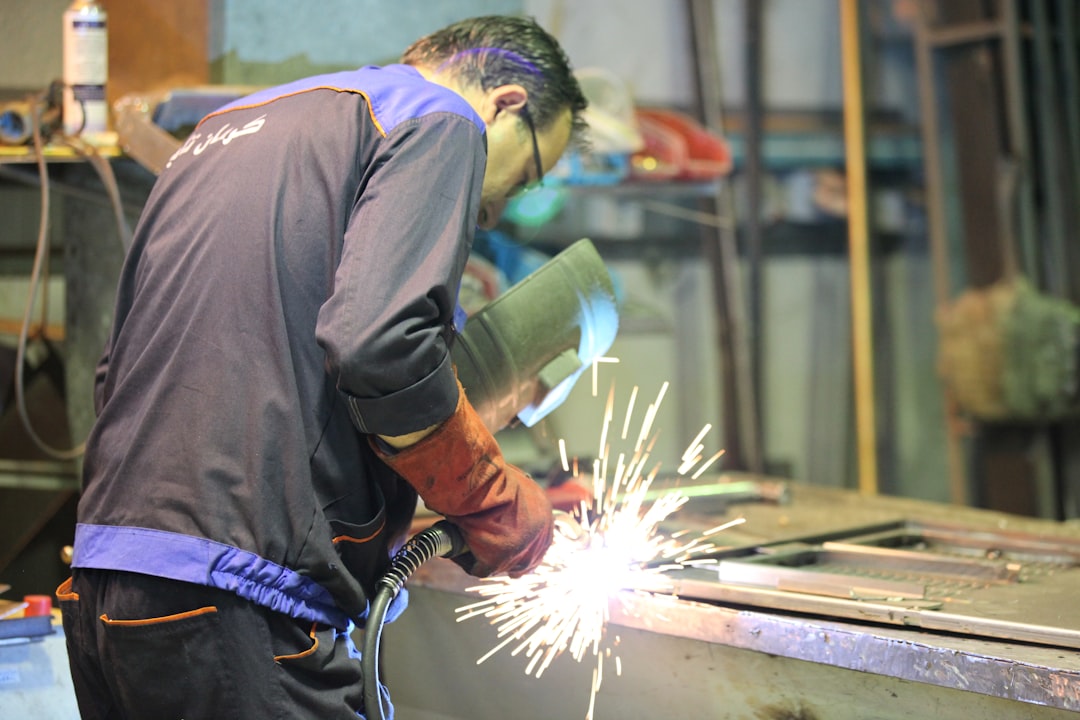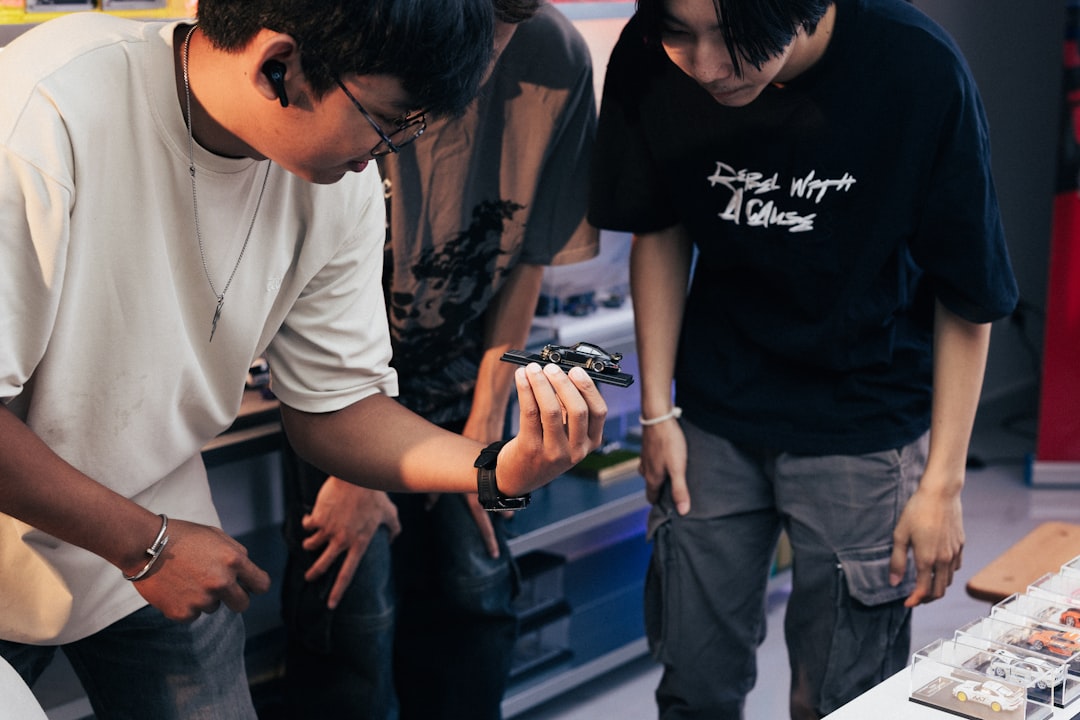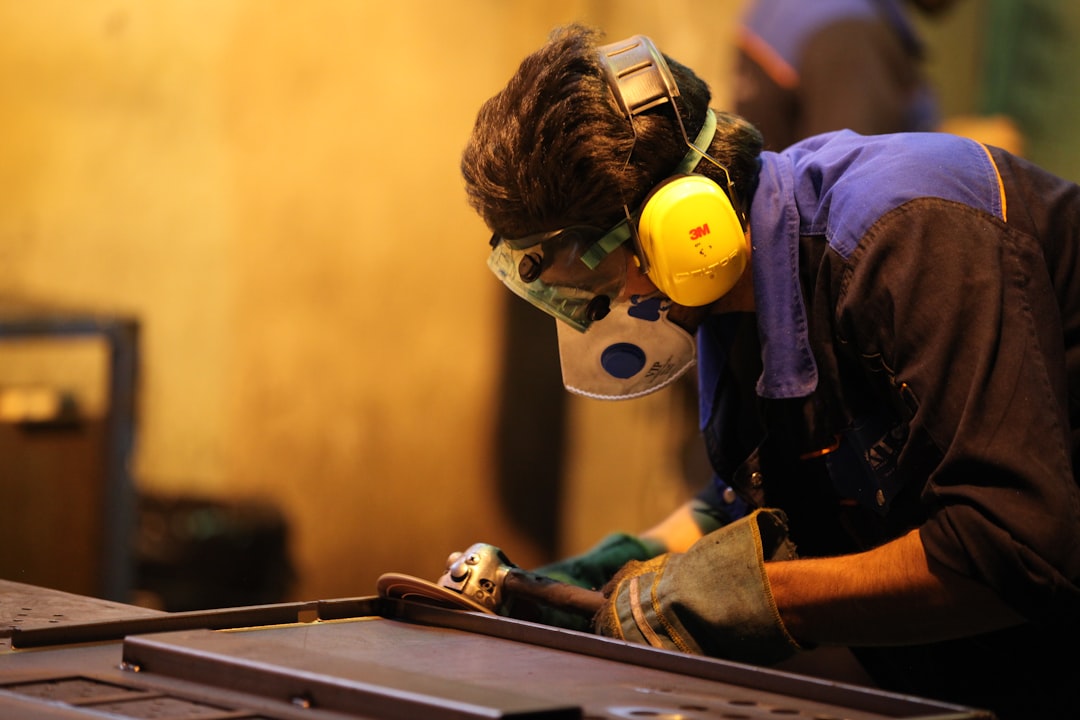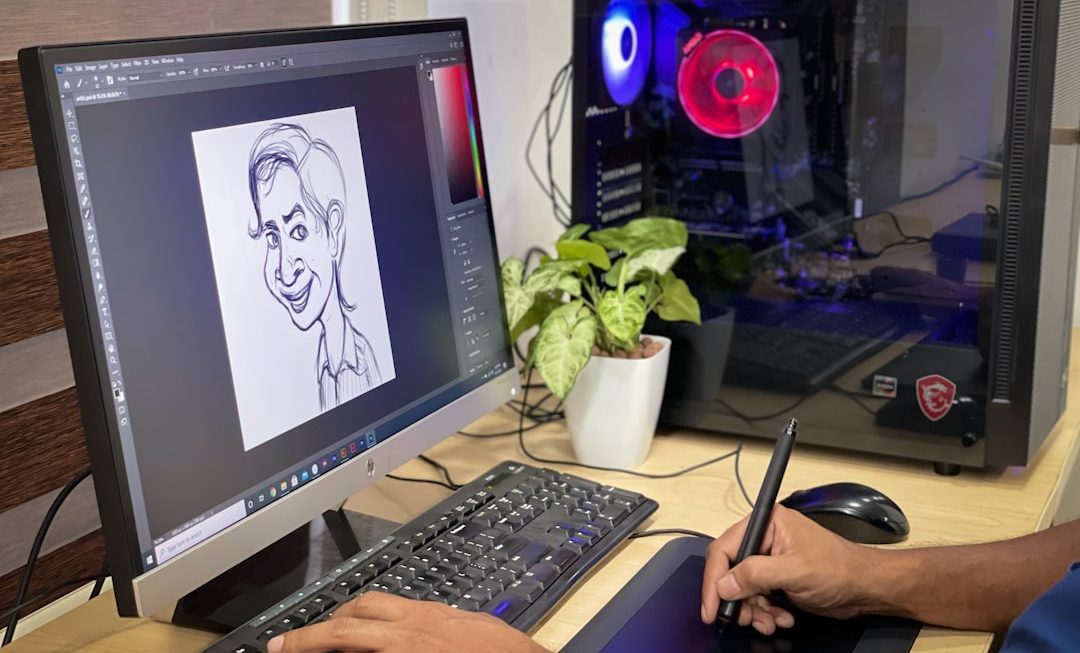In a rapidly evolving job market where technology and hands-on skills converge, vocational and technical (vo-tech) centers are becoming a vital part of education. These institutions provide students with practical experience, industry knowledge, and a direct path into high-demand skilled trades and technical careers. Whether it’s welding, HVAC, cybersecurity, or health sciences, vo-tech centers are bridging the gap between traditional academic environments and the skilled labor force the economy so desperately needs.
The Growing Demand for Skilled Trades and Technical Workers
Across the United States, industries are reporting a growing shortage of workers trained in the skilled trades and technical fields. According to the U.S. Bureau of Labor Statistics, occupations such as electricians, HVAC technicians, and CNC machinists are expected to see above-average growth rates into the next decade. While the narrative of success has long been tied to four-year degrees, many are now awakening to the fact that vo-tech programs often lead to lucrative, secure, and fulfilling careers.
The skilled trades offer median salaries that rival or exceed those of many professions requiring a bachelor’s degree, and often without the burden of student debt. Furthermore, these trades provide tangible results — environments where professionals take pride in their craftsmanship, problem-solving abilities, and technical know-how.
Hands-On Learning and Real-World Experience
One of the defining features of vo-tech centers is their focus on hands-on training. Students don’t just read about engines; they disassemble and reassemble them. They don’t merely listen to lectures about computer networks; they build them. This immersive approach leads to a deeper understanding of the skills required in the workplace and builds confidence through experience.

These centers often partner with local businesses and industries, giving students access to the latest equipment and even work-based learning opportunities such as internships and apprenticeships. This exposure not only enhances their employability but also helps students build professional networks early on in their careers.
Career Pathways and Certifications
Another key way vo-tech centers prepare students is by offering industry-recognized certifications. These certifications serve as proof of a candidate’s skills and competencies, making them immediately attractive to employers. Common credentials include:
- OSHA Safety Certifications
- NCCER (National Center for Construction Education and Research) credentials
- ASE Certification for automotive service technicians
- CompTIA or Cisco certifications for IT and network specialists
- Licensed Practical Nurse (LPN) designations
By the time a student graduates from a vo-tech program, they are often fully prepared to enter the workforce or continue their education at a technical college or university. In some cases, their programs even count as college credits, accelerating their higher education journey.
Customized Learning Environments
Vo-tech centers are uniquely positioned to cater to a wide range of student goals and backgrounds. Whether it’s a high school junior exploring career options or an adult learner seeking to change professions, these centers provide customized instruction to meet learners where they are.
Courses are tailored not just to teach content, but to build soft skills like communication, teamwork, and time management — all critical to success on the job site or in a corporate technical setting. Many programs also emphasize entrepreneurship and business management, encouraging students to understand how their skills can be used to start their own businesses.
Technology-Driven Innovation
Modern vo-tech centers are no longer just about traditional trades like carpentry and plumbing — they are at the forefront of technology-driven professions. From advanced manufacturing using robotics and 3D printing to coding and cybersecurity, these programs offer students access to the skills of tomorrow, today.

This innovation extends into how students learn as well. Virtual simulations, digital training modules, augmented reality (AR), and online collaborative tools are increasingly integrated into vo-tech curricula. These digital enhancements improve learning outcomes and prepare students for tech-integrated workplaces.
Partnerships with Industry and Community
Strong relationships between vo-tech centers and local employers are pivotal. These partnerships ensure that the curriculum remains current with industry needs and allows businesses to shape the training of their future workforce. Students benefit from guest speakers, mentorship, and site visits, offering a richer understanding of the industry and often leading to job placements upon graduation.
In many areas, vo-tech centers are also instrumental in community development. They provide training for local residents, offer continuing education, and participate in public works projects, all while fostering a culture of lifelong learning.
The Future of Vo-Tech Education
As global economies shift and automation transforms industries, vo-tech centers are fast becoming incubators of adaptability and resilience. By harnessing practical skillsets rooted in real-world application, they empower students to build meaningful careers without the need for a traditional college path.
The future workforce will be defined by its flexibility, technical knowledge, and problem-solving skills — all strengths that are cultivated in vo-tech environments. As awareness of these benefits grows, so too will the number of students choosing this path forward.
Conclusion
Vocational and technical centers are more than shortcuts to employment; they are launchpads for long-term success. They equip students with essential skills, certifications, confidence, and connections needed to thrive in a changing world. By aligning with industry demands and embracing innovative teaching, vo-tech programs ensure that students not only find a job, but build a career.
Frequently Asked Questions (FAQ)
- Q: What types of careers can vo-tech center graduates pursue?
A: Graduates can pursue careers in welding, automotive repair, plumbing, electrical work, nursing, network administration, HVAC maintenance, and more. Many fields now include high-tech options like robotics, IT, and cybersecurity. - Q: Are vo-tech programs only for high school students?
A: No. While many high school students benefit from vo-tech training, adult learners, career switchers, and workforce retraining participants also attend these programs. - Q: How long do vo-tech programs typically last?
A: Program lengths vary based on the skill. Some certifications may be earned in a few months, while others take one to two years of study and practical experience. - Q: Do vo-tech centers help with job placement?
A: Yes. Many vo-tech centers have established relationships with local companies and provide job placement assistance, resume help, and internships. - Q: Are certifications earned through vo-tech recognized by employers?
A: Absolutely. Many of the certifications offered through vo-tech centers are nationally recognized and valued across industries. - Q: Can vo-tech training be a stepping stone to higher education?
A: Yes. Credits earned may transfer to community colleges or universities, and many students continue their education in specialized or advanced degree programs.




